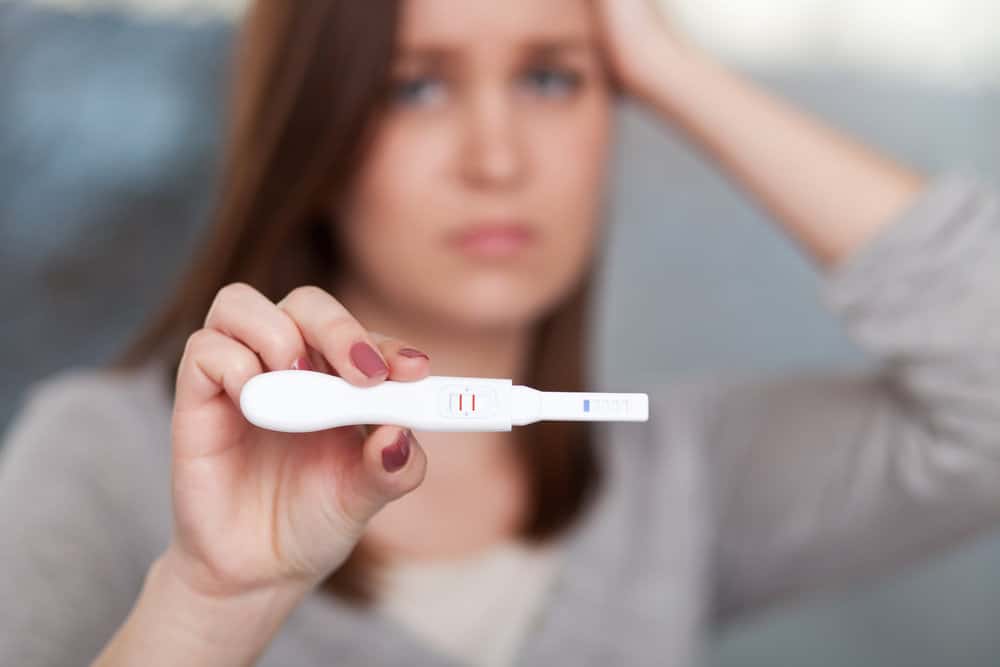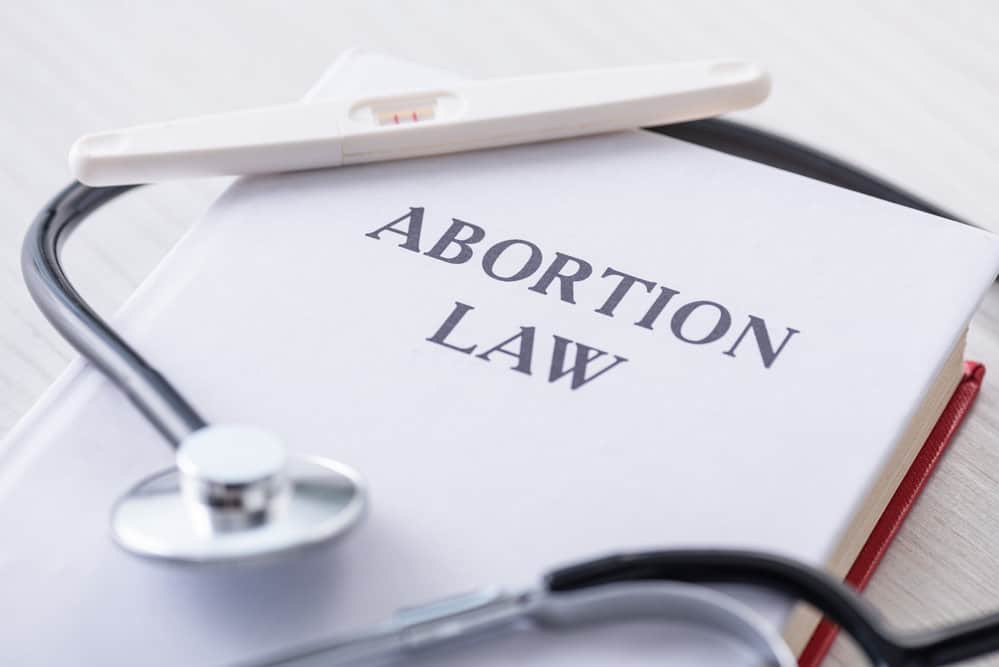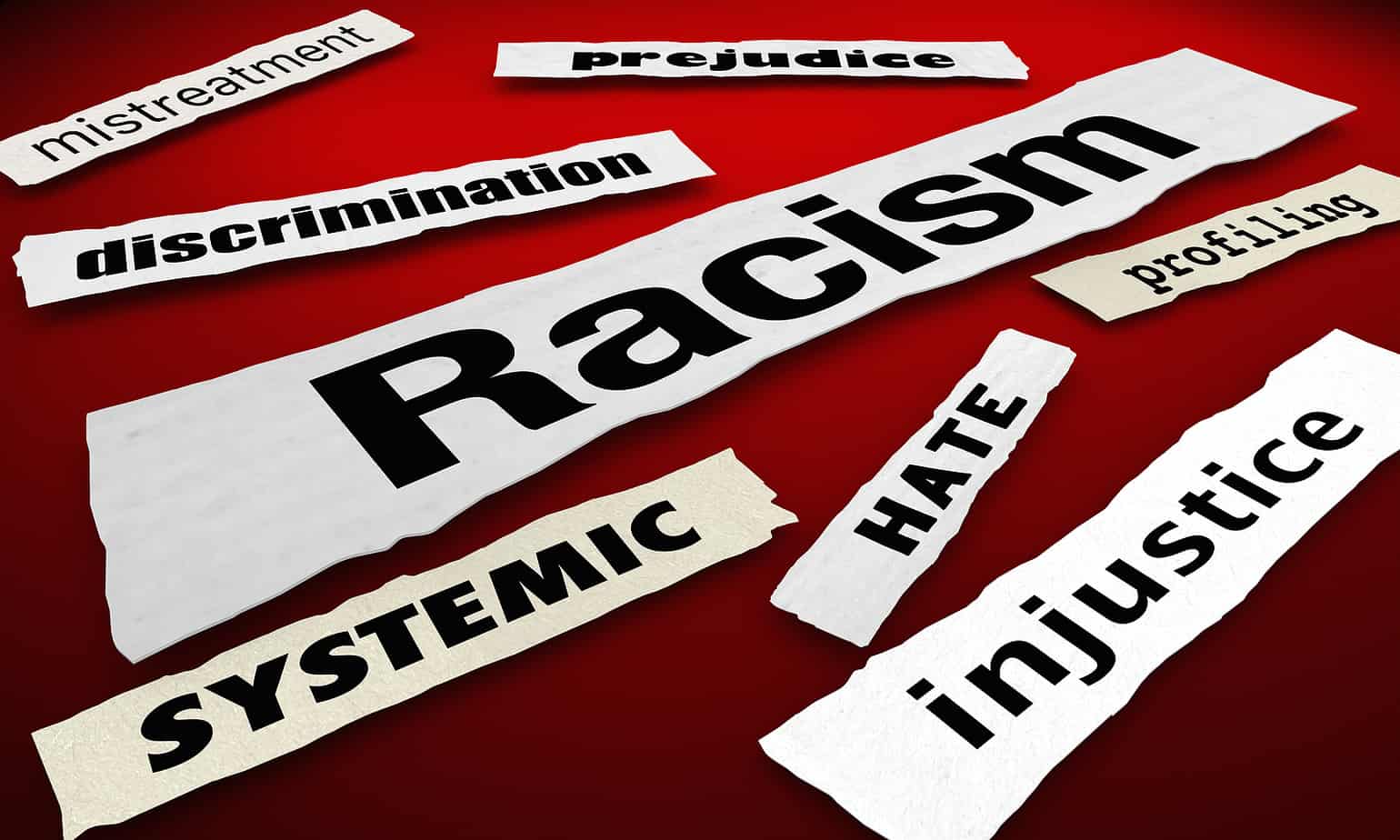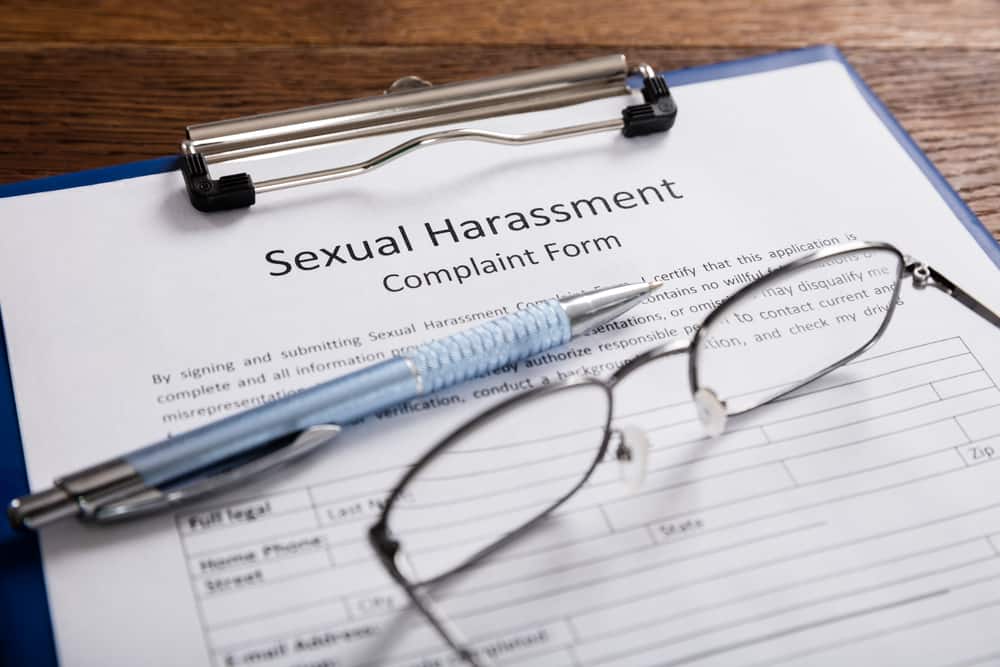Montana’s abortion laws have been controversial and debated for many years. The state has implemented strict regulations on the procedure, making it difficult for women to access safe and legal abortions. Montana prohibits most abortions after viability, defined as the point at which a fetus can survive outside the womb. This has led to many challenges for women seeking abortions in the state.
Under Roe v. Wade, the federal Constitution protected the fundamental right to make reproductive health decisions, including ending pregnancy. However, now that Roe has been overturned, it is up to the states to decide. Montana is one of the states that has taken a more restrictive approach to abortion, with laws prohibiting the procedure after a certain point in pregnancy. This has led to legal battles and challenges from reproductive rights advocates who argue that these laws infringe on women’s rights and endanger their health.
History of Montana Abortion Laws
Pre-Roe v. Wade Era
Before the landmark decision in Roe v. Wade, Montana had strict laws criminalizing abortion. Abortion was only allowed if the life of the mother was in danger. In 1967, the Montana Supreme Court in Armstrong v. State upheld the state’s abortion law, stating that the right to privacy did not extend to a woman’s decision to have an abortion.
Roe v. Wade and Montana
The 1973 Supreme Court decision in Roe v. Wade struck down Montana’s strict abortion laws, giving women the right to choose to have an abortion during the first trimester of pregnancy. However, Montana still had restrictions on abortion, requiring all abortions to be performed in a hospital.
Post-Roe v. Wade Era
In the years following Roe v. Wade, Montana continued to pass restrictive abortion laws. In 1991, the Montana Supreme Court in Armstrong v. State struck down a law that required minors to obtain parental consent before having an abortion. Montana also enacted a “fetal homicide” law in 1987, which allowed for the prosecution of individuals who caused the death of a fetus.
In recent years, Montana has seen a renewed effort to restrict abortion access. In 2021, Montana Governor Greg Gianforte signed three laws restricting abortion access, including a ban on abortion after 20 weeks of pregnancy. These laws face legal challenges and are currently temporarily enjoined.
Overall, Montana’s history with abortion laws has been marked by tension between the state’s restrictive laws and the Supreme Court’s protection of a woman’s right to choose.

Current Montana Abortion Laws
Viability and Montana Law
Montana prohibits most abortions after viability. The state defines viability as a reasonable likelihood of the fetus’s sustained survival outside the womb with or without artificial support. Montana bans partial-birth abortions after a fetus has become “viable.” However, Montana’s “pain-capable” abortion ban, which defined abortions after 20 weeks of pregnancy as illegal, has been blocked from enforcement by a court.
Ultrasound Requirements
Montana law requires that a physician perform an ultrasound on a woman seeking an abortion at least 24 hours before the procedure. The physician must allow the woman to view the ultrasound image and hear the fetal heartbeat. However, the woman may decline to view the images or hear the heartbeat.
Susan Wicklund Fund
The Susan Wicklund Fund provides financial assistance to Montana women seeking abortion services but cannot afford them. The fund is named after Dr. Susan Wicklund, a Montana physician who provided abortion care in the state for over 20 years. Donations support the fund and assist women needing financial support for abortion care.
In conclusion, Montana has several laws and regulations regarding abortion care, including restrictions on abortions after viability and ultrasound requirements. The Susan Wicklund Fund provides financial assistance to women seeking abortion care who cannot afford it. It is important to note that the laws and regulations regarding abortion care in Montana are subject to change, and individuals seeking abortion care should consult with a healthcare provider for the most up-to-date information.
Reproductive Rights and Montana Law
Constitutional Protections
Montana has its state constitutional protections that ensure abortion will remain legal. The Montana Supreme Court has stated that the right to individual privacy is a fundamental right under the Montana Constitution, which includes the right to make reproductive health decisions. This means that Montana citizens have the right to choose whether or not to have an abortion.
Planned Parenthood of Montana
Planned Parenthood of Montana is a non-profit organization that provides reproductive healthcare services, including abortion, to women in Montana. The organization also provides education and advocacy for reproductive rights. Planned Parenthood of Montana has been involved in litigation challenging the constitutionality of Montana’s restrictive abortion laws.
Montana Free Press
The Montana Free Press is an independent, non-profit news organization that covers various issues in Montana, including reproductive rights. The organization has been reporting on the legal battles over Montana’s restrictive abortion laws, including the recent lawsuit filed by Planned Parenthood of Montana challenging the constitutionality of several laws.
Montana’s abortion laws generally require that a parent or legal guardian be notified about a minor’s abortion if the minor is sixteen or younger. Alternatively, a judge can approve a minor’s petition without parental notification. Some of the most common state-level abortion restrictions are parental notification or consent requirements for minors, limitations on public funding, mandated counseling designed to dissuade individuals from obtaining an abortion, mandated waiting periods before an abortion, and unnecessary and overly burdensome regulations on abortion facilities.
In conclusion, Montana has its state constitutional protections that ensure abortion will remain legal. Planned Parenthood of Montana and the Montana Free Press have been involved in litigation challenging the constitutionality of Montana’s restrictive abortion laws. Montana’s abortion laws include parental notification or consent requirements for minors and other restrictions that make it difficult for women to access reproductive healthcare services.
Conclusion
Montana’s abortion laws have been controversial for years, with both pro-life and pro-choice advocates weighing in on the issue. The state has a history of enacting restrictive abortion laws, but the courts have temporarily enjoined these laws.
In 2021, the state enacted several restrictive abortion laws, but all of them were temporarily blocked in court. The state Supreme Court has long affirmed that privacy matters more than politics, which has been a key factor in the state’s approach to abortion regulation.
With the recent Supreme Court decision overturning Roe v. Wade, the future of abortion rights in Montana is uncertain. However, if the state constitution is not amended, abortion will remain legal in Montana.
The debate over abortion centers around the rights of the fetus and the rights of the pregnant person. Pro-life advocates argue that the fetus has a right to life, while pro-choice advocates argue that pregnant women can make medical decisions about their bodies.
Attorney advocates have played a key role in shaping Montana’s abortion laws, both in defending the rights of pregnant people and advocating for the rights of the fetus. The U.S. Supreme Court’s recent decision has also significantly shaped abortion law in Montana and nationwide.
Ultimately, the issue of abortion in Montana is complex and multifaceted. It touches on issues of privacy, procreative autonomy, and state law. As the debate continues, it is important to approach the issue with a clear and neutral tone, considering the perspectives of all stakeholders involved.
FAQs
Here are some frequently asked questions about Montana’s abortion laws:
What is the current status of Montana’s abortion laws?
Montana’s abortion laws have been the subject of recent controversy. In 2023, the state passed three new laws restricting access to abortion. However, these laws were halted by a federal judge just hours before they were set to take effect. Montana’s abortion laws are in flux, and the legal landscape is uncertain.
What are some of the most common restrictions on abortion in Montana?
Montana has several restrictions on abortion that are common in other states. These include parental notification or consent requirements for minors, limitations on public funding, mandated counseling designed to dissuade individuals from obtaining an abortion, mandated waiting periods before an abortion, and unnecessary and overly burdensome regulations on abortion facilities.
Is abortion legal in Montana?
Abortion is legal in Montana, but it is subject to certain restrictions. Montana law prohibits abortion at twenty weeks LMP and after viability. It also prohibits D&X procedures. Pregnant people who seek medication abortion care must undergo a mandatory twenty-four-hour waiting period and biased counseling.
Are there any efforts to change Montana’s abortion laws?
Yes, there are ongoing efforts to change Montana’s abortion laws. In 2023, the state legislature introduced a bill to remove abortion from the state constitution’s privacy protections. This bill is currently being debated in the legislature.
How do Montana’s abortion laws compare to other states?
Montana’s abortion laws are similar to those of many other states. However, the legal landscape is constantly changing, and the status of Montana’s laws may differ from those of other states at any given time. It is important to consult with a legal expert to understand the current state of abortion laws in Montana.
Read
Why Abortion Should Be Legal Essay: Examining the Crucial Factors
Essay on Abortion: A Comprehensive Analysis of Perspectives and Debates



